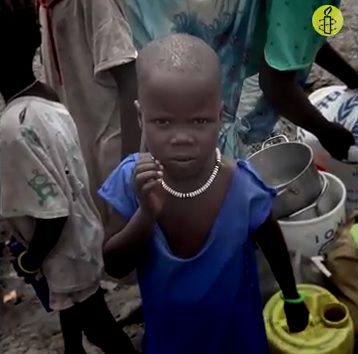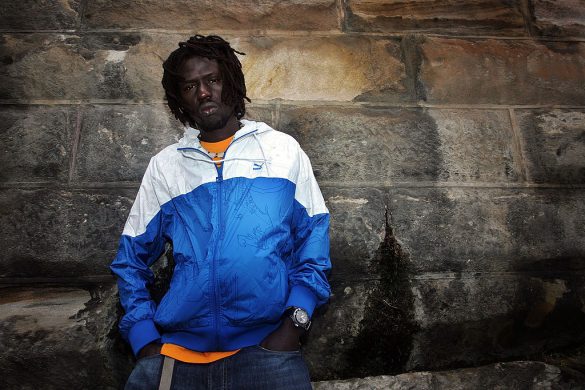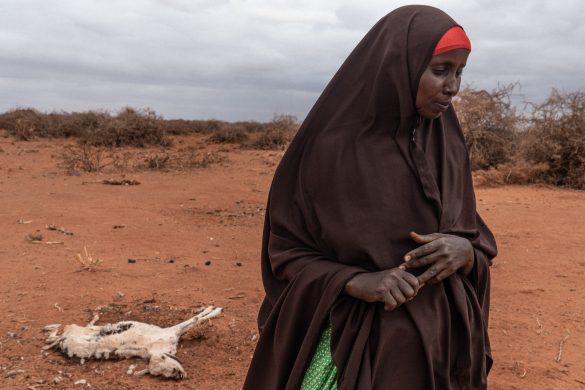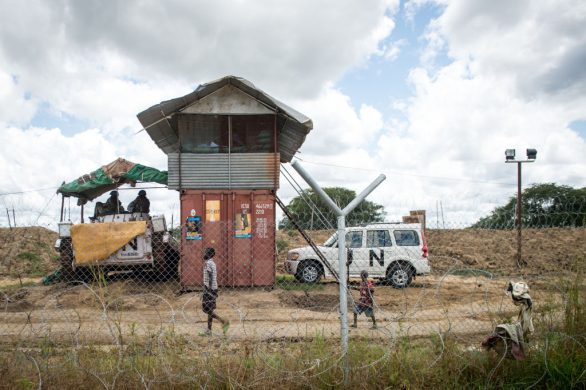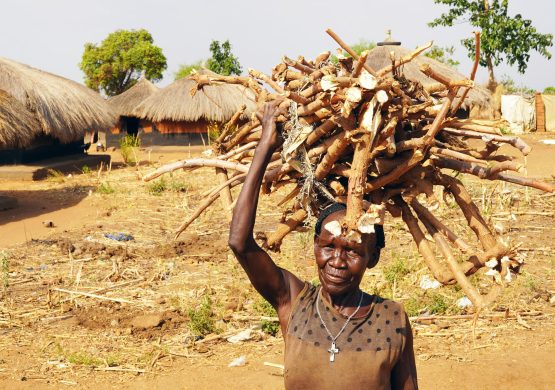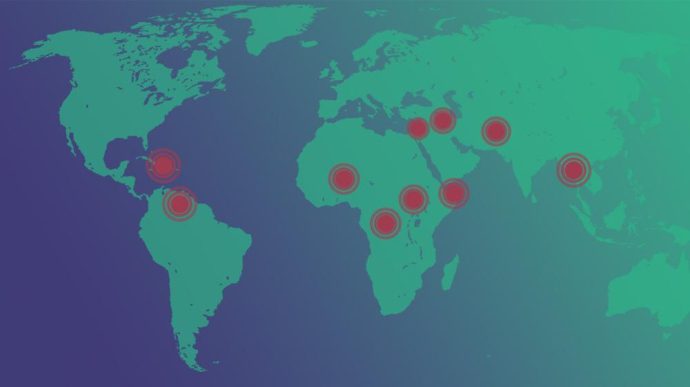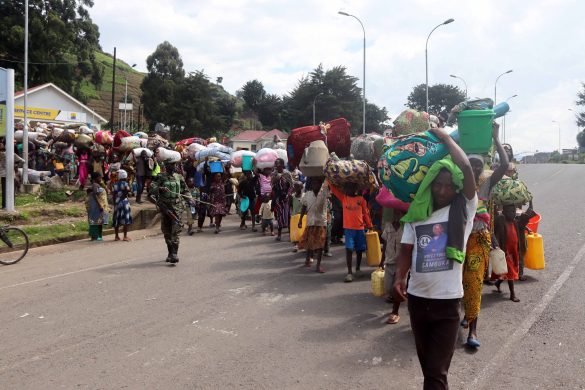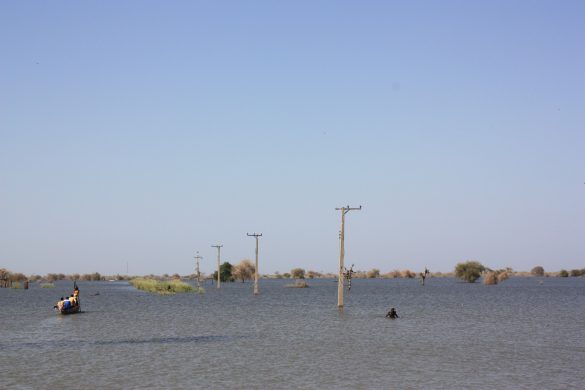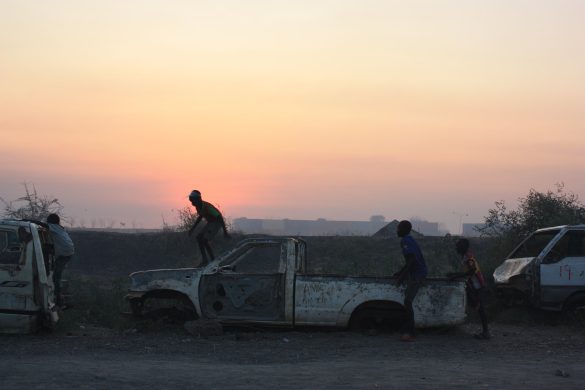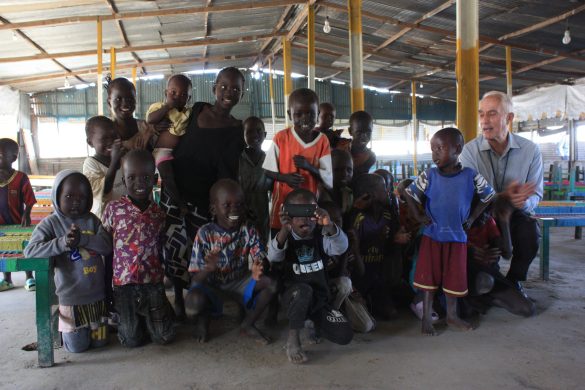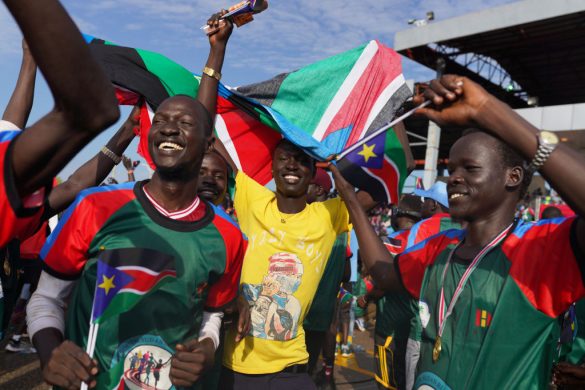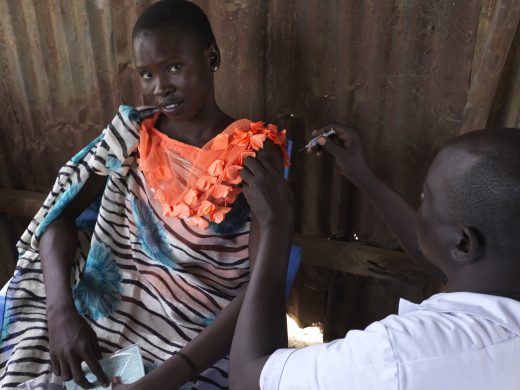Civilians belonging to the Shilluk minority told Amnesty International how government troops and allied militias stole anything they could get their hands on in the aftermath of attacks, from stored food supplies to furniture and even the front doors of houses.
Tens of thousands civilians displaced
The January-May 2017 government offensive in Upper Nile, aided by ethnic Dinka militias, retook territory that had in recent years been under the control of an opposition armed group made up of Shilluk Agwelek fighters under the command of Johnson Olony.
It displaced tens of thousands of Shilluk civilians, including nearly the entire populations of numerous towns and villages on the west bank of the White Nile.
In late May and early June, Amnesty International researchers interviewed 79 victims and eyewitnesses to abuses at an ad hoc displaced persons camp in Aburoc, and in the UN Protection of Civilians (PoC) site in Malakal, both in the Upper Nile region. They also spoke to numerous humanitarian staff, UN officials, and opposition, political and civil society figures in Aburoc, Malakal and Juba.
Shelling, burning and bombing
The organization documented how government troops killed several civilians over the course of the offensive. Some of the killings were clearly deliberate, as the victims were shot while held captive or shot in the back while they attempted to flee.
Victims and eyewitnesses also described how indiscriminate shelling, targeted burning, and even a bombing from an Antonov plane destroyed civilian homes. In a few instances, elderly or vulnerable people unable to flee burnt to death in their homes.
Some of the Shilluk have returned to their homes since the offensive, but the large majority remain displaced.
Tens of thousands have fled north to become refugees in Sudan, and some 10,000 others are surviving in squalid conditions in an ad hoc camp in Aburoc village that has been wracked by dire shortages and cases of cholera.

